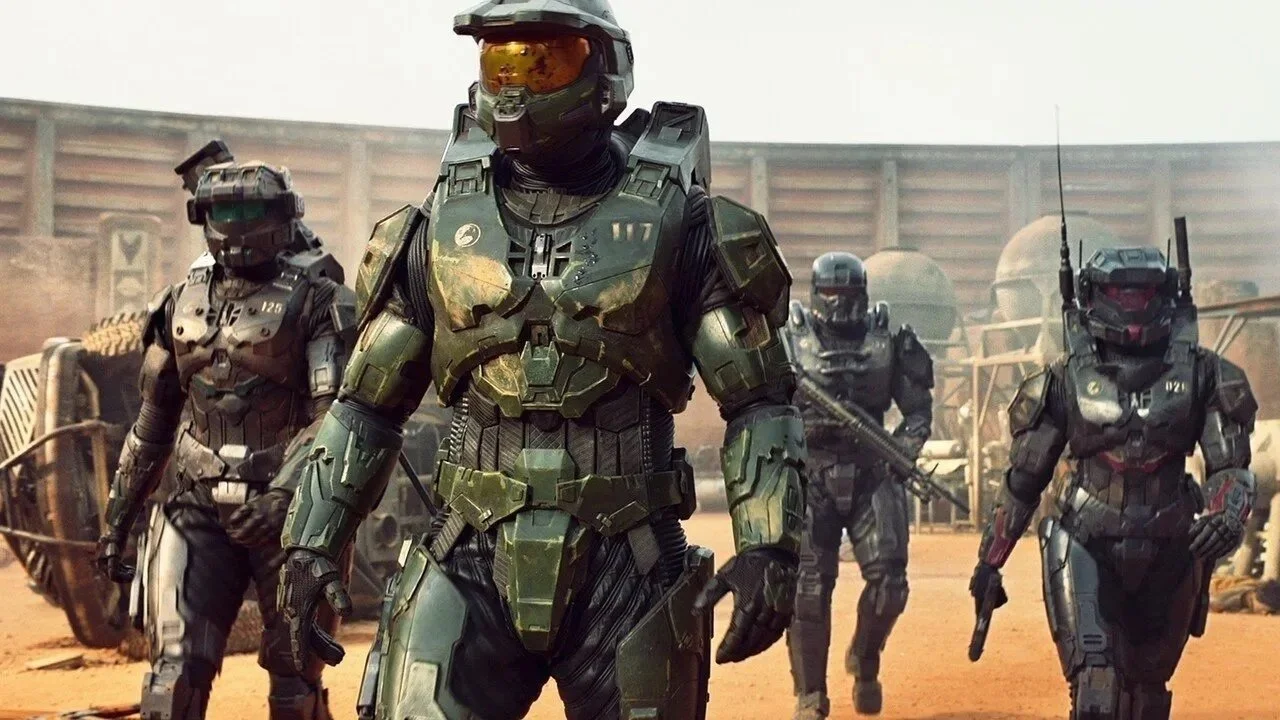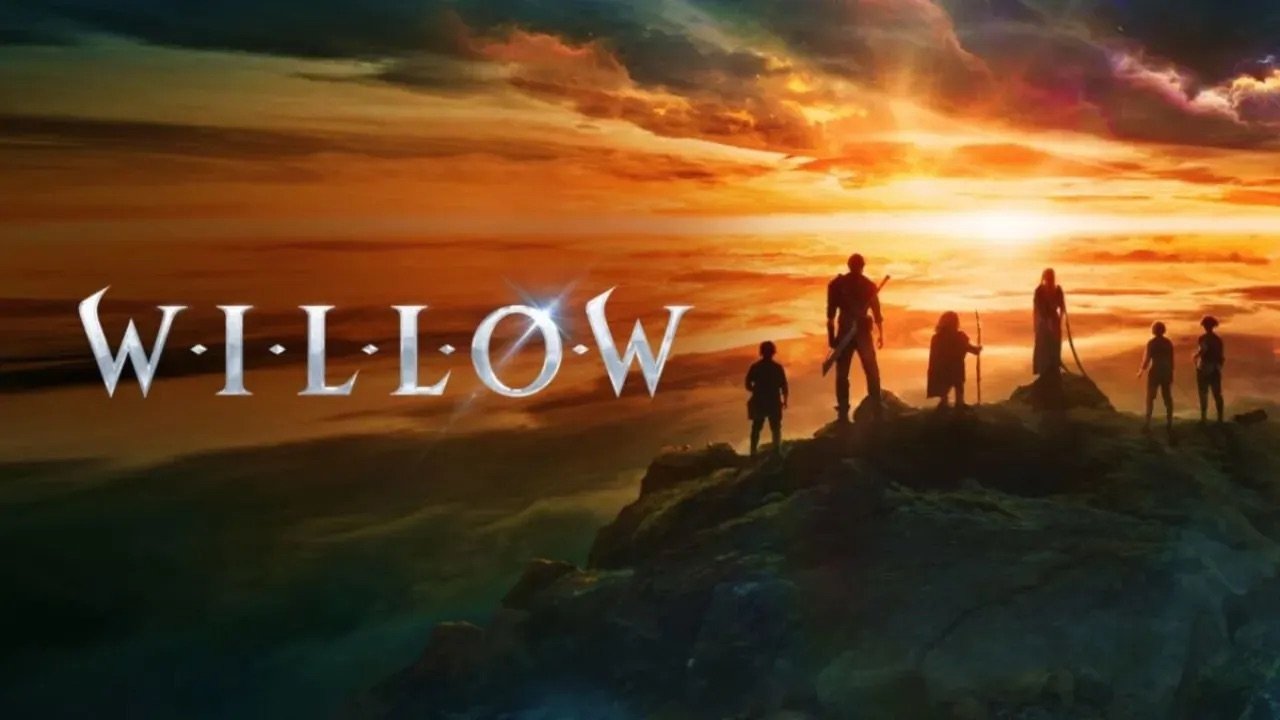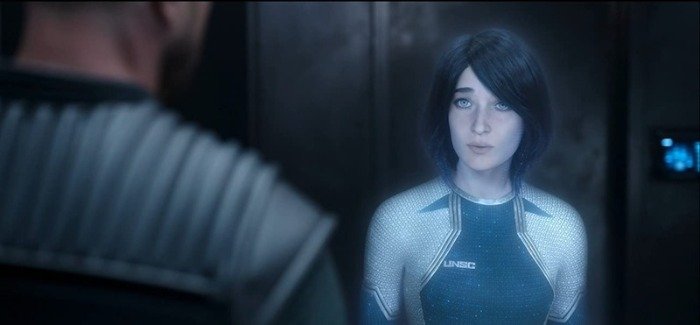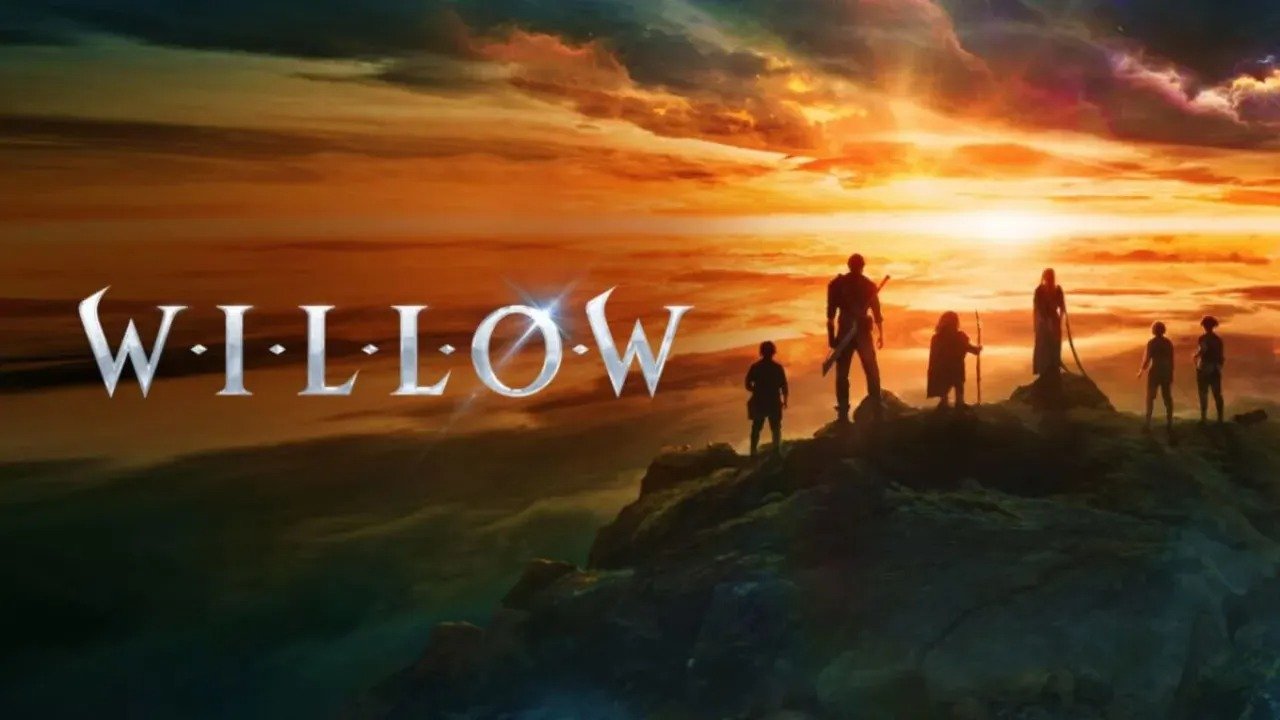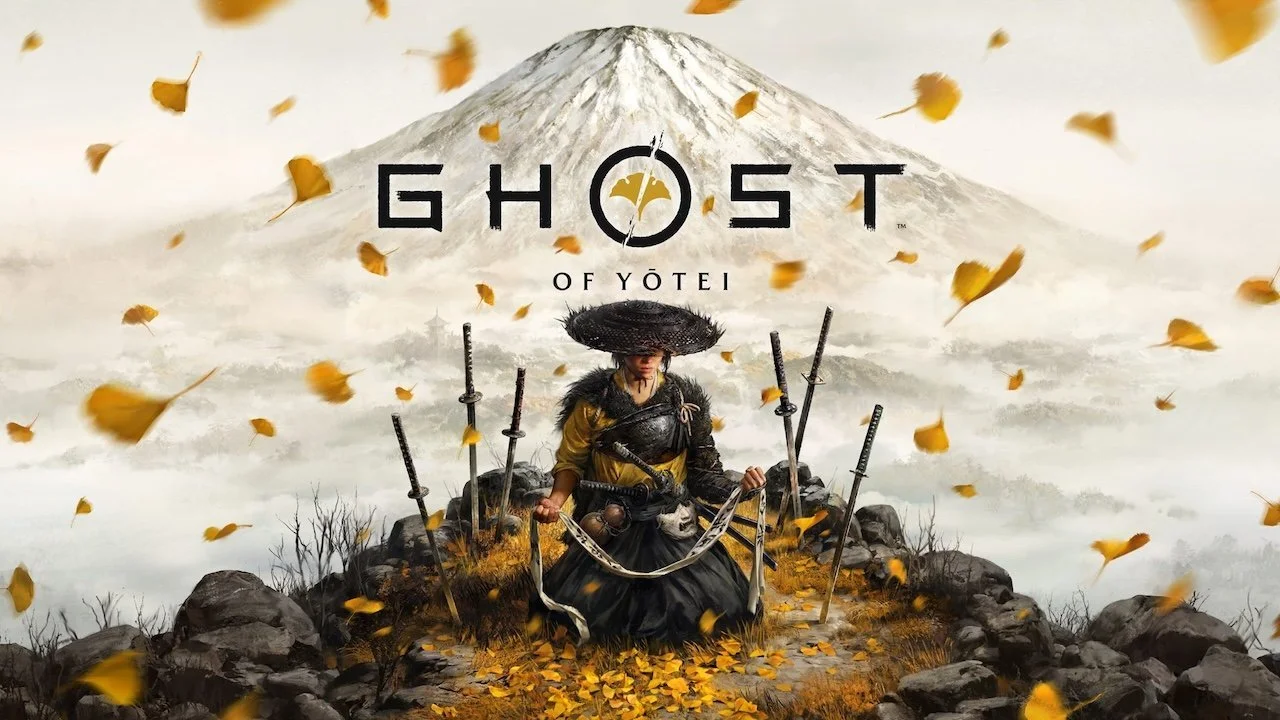Halo: Episode 3: Emergence Review
Image Source: IMDb
Three episodes into a series full of risk and Halo further proves how television and film formats are entirely different beasts for storytelling mediums than video games. Consider it a masterclass in pointing this out. Episode three continues the development that’s been a hallmark of the series compared to the games and broadens the story it’s trying to tell.
If this were a game, which, obviously, it’s inspired by one, this episode would be a cut scene or a QTE (quick time event) loaded segment of the game. Players would be tasked with lining up target reticles for scientific and surgical equipment or hitting a sequence of buttons at specific times, giving them a sense of being in control. Too much of it in a game, though, and you’d find a lot of commentary about how boring it is. In a show, some people would label it as a filler episode. While there are filler episodes, it’s often used as a crutch to describe something they may have missed within the storytelling process: character development. It’s integral to the story, and this episode was full of prime character development.
RELATED:
Image Source: IMDb
We’re finally introduced to the one and only Cortana. Voiced by the original Cortana voice actor, Jen Taylor, she’s presented in a rather brutal way, with Halsey cloning herself and then destroying that clone to copy her brain. She uses that as Cortana’s neural processing. Her relationship with Chief in the show isn’t as chummy as in the games and books, as he’s somewhat averse to her presence, but that starts to lighten as the episode progresses. While it’s relatively necessary for Cortana to be in the show, her presence serves as a catalyst for Chief’s development and exploration of his humanity. Halsey has the power to stop it, but her arc, as it’s being revealed alongside John’s, centers around the artifact, and she’s using John’s arc to learn more about it. These are lovely layers of complexity that flesh the story out.
Speaking of the artifact, it’s become clear now that the dreams Chief experiences as he touches it are trying to reveal not necessarily his past for his benefit. Instead, it’s unlocking the memories of his discovery of the other part of the artifact from when he was a kid for its own purposes like it’s using John as a means of reuniting with its other half. It diminishes some of John’s agency, but it serves the overarching narrative of Chief realizing he’s been used as a tool this whole time, and now he’s exerting his independence. Halsey and the others realize this, which is why they inject Cortana into his brain to check that, but Chief shows he still has agency in nice little bits where he shirks Halsey’s authority and does what he wants.
Image Source: IMDb
Hopefully, Cortana will take the same route. She’s also portrayed as a tool when Halsey issues orders to her. It’s different from the lore established by the books and games, where she chooses John instead of being forced into his head without a choice. Her mannerisms and tone of speech give a glimmer of hope that she’ll disobey Halsey in the future. It would be a nice homage to the games, where much of the story of the sequel trilogy is about Cortana going rampant, which in the canon lore is when an AI has been active too long and becomes independent.
Along with the theme of the rest of the episode is Makee’s story. Viewers learn how she came to be associated with the Covenant and broadens the mystery surrounding her. The Covenant discovers her with an interesting sort of metal detector. The two Elites that show up and find her point it at her, and it hums with light. It reinforces this idea that she, and John, have some connection to the ancient race, the Forerunners, that are connected to the Keystone. They keep her around because of her connection and believe she will help them reach the sacred ring that is supposed to usher in their salvation. The hope is that they’ll reveal their link to the Forerunners, and it’s pretty clear that she and Chief will meet at some point. The glimpse into her past also continues the worldbuilding that is one of the main issues with the show, but not for its inconsistencies, but rather for the reliance on Kwan Ha to force the aspect of the government of humanity being fascist into the story of Chief.
At this point, the continued focus on Kwan Ha’s story is starting to feel like an entirely separate thing, but it’s been included in the show to keep pointing out that the UNSC and the government are fascists. To me, it’s not even part of Chief’s narrative, the primary point of the show, aside from the mention that he left her with Soren to watch over her. There remains to be a solid justification for including these characters in the Halo story. The writers try to do it when Kwan walks by a news broadcast about her home, Madrigal, and how the governor has declared peace with the UNSC, effectively ending the insurrection against the UNSC. Her insistence on returning to Madrigal to reignite the insurrection makes it clear that the writers desperately want the independence movement against the UNSC to be a part of the overall story.
But Halo has always been about Chief and Cortana’s story. The show is doing a fantastic job of exploring that and the layers of who Chief is, and now that Cortana’s been introduced, they can do the same for her, which is why the Madrigal arc doesn’t make sense for its inclusion. Chief doesn’t even bring her up at all in the episode. Why did he want her to be kept safe? What was he worried about? By all signs, the UNSC doesn’t even care about her anymore; their attention is entirely on Chief, his behavior, and the artifact. If the plot’s trajectory complicates the UNSC’s fight against the Covenant, alright. But the time they’re spending on developing that seems wholly disconnected if it’s where they’re going. We get it; the humans are fascists, but what’s the endgame? The Covenant is the overt threat, and given that Makee was young when she was taken in by them, the shock of the insurrectionists being attacked by Elites in the first episode falls flat. It also diminishes the threat that the Covenant pose.
Image Source: IMDb
In all, however, the show continues to deliver an overall solid story with a character as historically stoic as Chief. In addition, the layers of depth revealed with Halsey and Makee, and the spread of Chief’s self-discovery to his fellow Spartans helps overshadow the lackluster and uninteresting inclusion of Kwan Ha and Soren.
Rating: 8.5/10
READ NEXT:
Source(s): Paramount+

